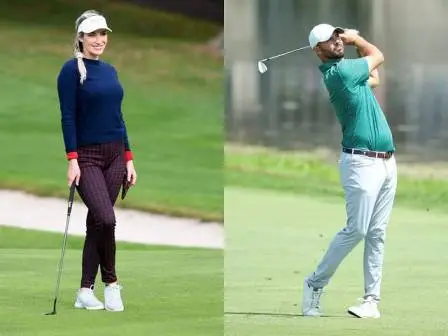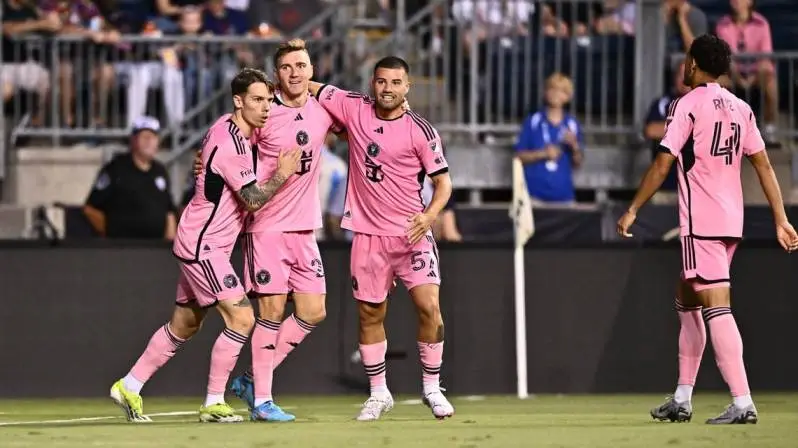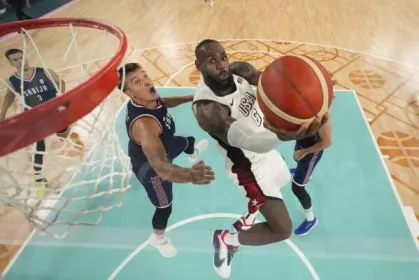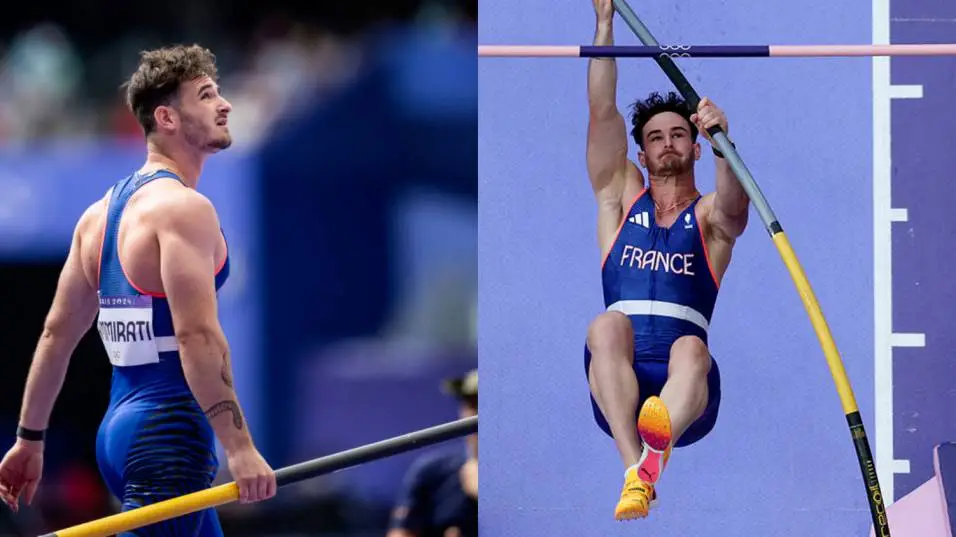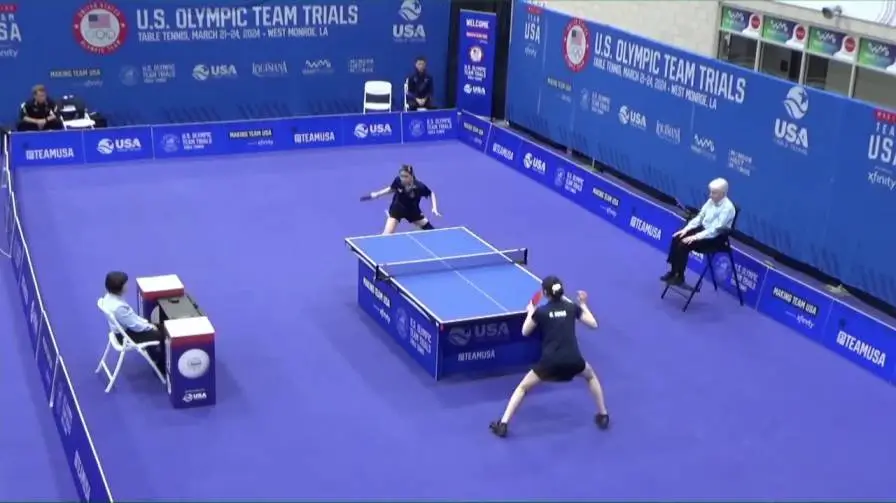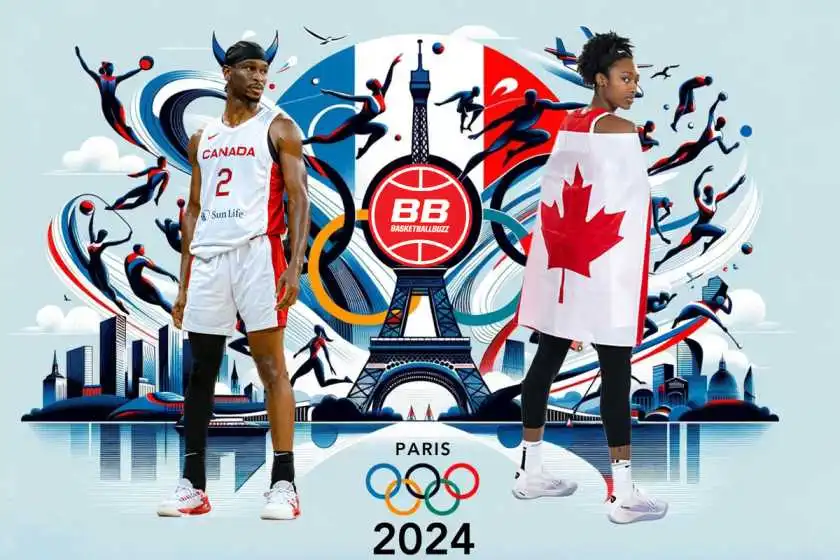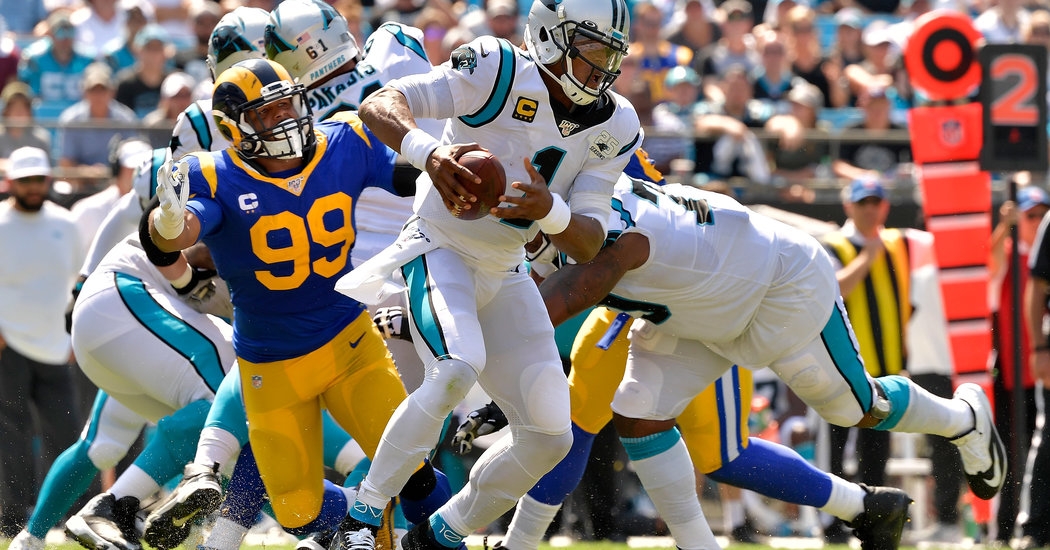
Patriots Sign Cam Newton as N.F.L. Levies Fine in Video Scandal
Quarterback Cam Newton, the 2015 N.F.L. most valuable player who has been dogged by injuries in recent years, has signed a one-year contract with the New England Patriots, according to multiple reports.
On Sunday, the N.F.L. fined the Patriots $1.1 million and would take its third-round draft pick in 2021 as the penalty for the team videotaping the Cincinnati Bengals’ sideline during their game against the Cleveland Browns last season, according to a league spokesman, Michael Signora. The incident raised fresh suspicions of the team, which has been the subject of more serious rules scandals, like the so-called Spygate and Deflategate incidents, during Coach Bill Belichick’s tenure.
The news of Newton’s arrival, though, will have Patriots fans looking forward, not backward. Newton, who was drafted first over all in 2011 by the Carolina Panthers and had played his entire career in Carolina, became a free agent this off-season. After missing a mere six games in his first eight seasons, he played in just two games last year. Newton has injured his knee, shoulder and the Lisfranc ligament of his left foot, necessitating surgery — a few months before the coronavirus pandemic disrupted off-season N.F.L. player movement.
Newton was released by the Panthers in March amid an organizational reshuffling that saw the departures of Coach Ron Rivera and a stalwart linebacker, Luke Kuechly.
Before injuries slowed him down, Newton, 31, was one of the league’s most dominant quarterbacks and the best offensive player in Panthers history. He has thrown for more than 29,000 yards and 182 touchdowns in his career. He has run for more than 4,800 yards and 58 touchdowns as well.
His best season came in 2015, when the Panthers went 15-1 in the regular season and reached the Super Bowl. Newton was voted winner of the Most Valuable Player Award that year. Newton guided the Panthers to four postseason appearances.
The deal was first reported by ESPN and confirmed by NFL Network. The Patriots declined to comment on the report of Newton’s signing. Newton’s agent, Bus Cook, did not immediately return requests for comment.
Newton still must pass a physical, which all players have had trouble completing because of travel restrictions during the coronavirus pandemic. But assuming he passes the test, Newton will have a one-year contract to prove he still is a big-time quarterback and the Patriots will risk little to gain a seasoned, athletic leader. The team’s longtime quarterback, Tom Brady, signed with the Tampa Bay Buccaneers in March.
The Patriots’ roster of quarterbacks also includes Jarrett Stidham, whom the Patriots selected in the fourth round of the 2019 draft and who appeared in just three regular-season games as a backup last season. The Patriots will also have Brian Hoyer, who is in his second stint with the team, J’Mar Smith and Brian Lewerke going into training camp.
Signing Newton may take some of the sting out of the Patriots’ penalties, which stem from an instance in December when a team videographer recorded the field and the Bengals’ sideline while attending the Bengals-Browns game in Cleveland, ostensibly to film a Patriots scout in action for a feature on the team’s website.
In a statement released at the time of the incident, the Patriots acknowledged that the video crew “unknowingly violated” league policy and stressed that team personnel had no “involvement whatsoever in the planning, filming or creative decisions made during the production of these features.”
The league determined that the filming constituted an attempt to spy on an opponent. In addition to the fine and the loss of a draft pick, the team’s video crews will also not be allowed to shoot any games this season and the producer responsible for the shoot will be banned from N.F.L. facilities.
The Newton signing and news of the league penalty come after a relatively quiet period since Brady’s departure. That silence has ended dramatically. On Tuesday, a three-judge panel in Florida will hear an appeal of the case against Patriots’ owner, Robert K. Kraft, when it considers a lower court’s decision to throw out video evidence that is central to the two misdemeanor charges against him for solicitation of prostitution.


